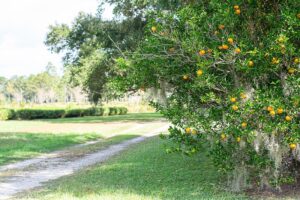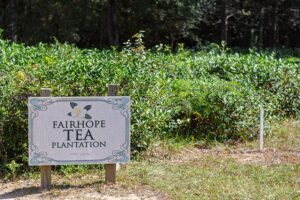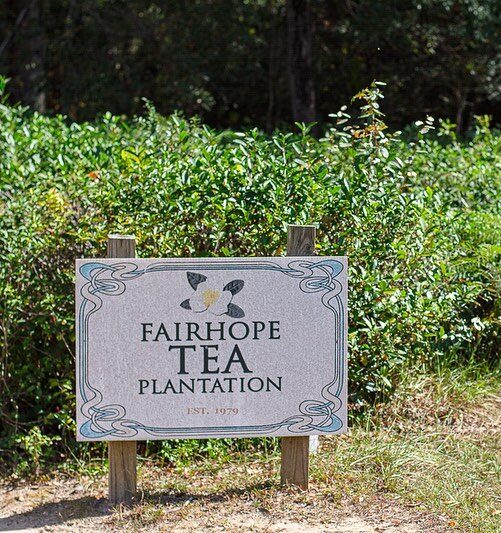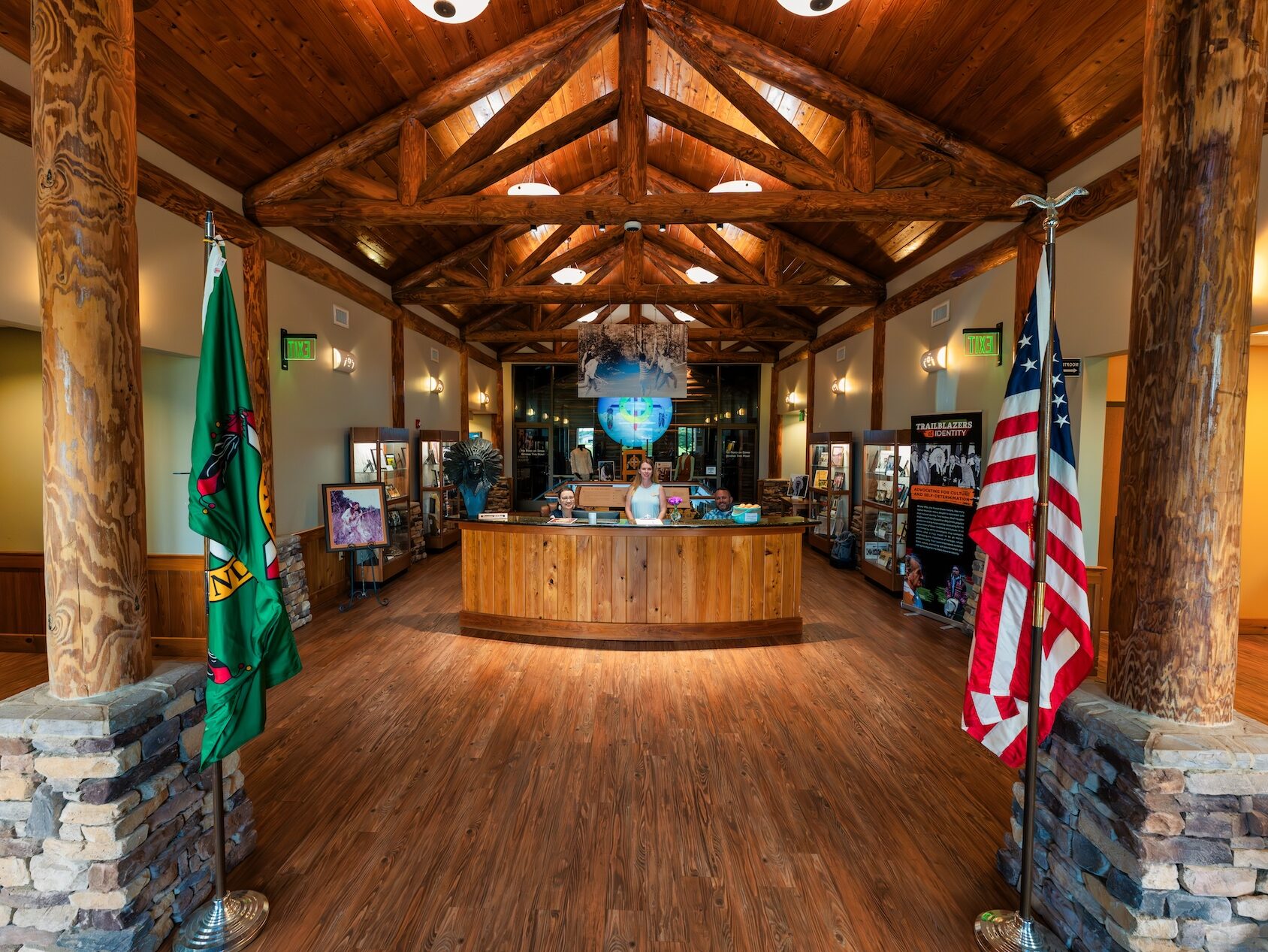In a rural area right outside of one of Alabama’s most charming towns, Fairhope, lies a microcosm of its own known as The Fairhope Tea Plantation.
In 1979, the Lipton Tea Company was in the midst of its own set of tea trials. But the experiments were soon halted in the wake of Hurricane Frederic which made landfall that year. However, this could not be confirmed entirely due to the Lipton Tea Company promptly leaving the facility with all of its information and supposed findings. The results remain at large and no information was given to those employed at the farm at which the trials were held.
In September of that year, Donnie Barrett was moving debris from Hurricane Frederic to the Corps of Engineers dedicated dump site. When Donnie decided to drop tree stumps from his yard at the site, his father Bill Barrett accompanied him. His father was the facility administrator, and he prompted Donnie to come into the fields as he had something to show his son. “Look what they did to the tea!” he exclaimed.

(Fairhopers/Facebook)
Donnie looked over the test plots to see the tea plants, between three and four years old at the time, that were particularly placed in dedicated rows. Reconciling the look of the tea plants with the experience of drinking tea in the form familiar to most was a tall task. Donnie and Bill sorted through the plants and read with deep interest the foreign names of each variety.
What was more amazing is that the plants that Donnie and Bill were so taken aback by were simply the remains of what had previously been bulldozed. They were covered in gas and had suffered great heat exposure. It was also evident that others had come through the test plots to take the healthier plants that had survived.
Bill turned to his son and said “Here, get you up some.” Donnie reluctantly took a few plants, ensuring to pick separate varieties. He would later find out that he had actually managed to capture four different varieties. From there, Bill and Donnie filled the truckbed of their pickup truck with the tree’s root balls and headed back home.

(Fairhopers/Facebook)
Donnie would go on to say, “I wish I’d paid more attention to the day and event that would change my life.”
Today, The Fairhope Tea Plantation is now over forty years old with more than 60,000 tea bushes in its care. For many years, The Fairhope Tea Planation was the sole tea farm outside of Charleston, South Carolina that consistently sold tea to the public.
The Fairhope Tea Plantation boasts a range of teas and, in keeping with its origin story, is no stranger to experimentation with the production of tea and tea horticulture. The tea farm has nearly perfected what is referred to as “tea craft” and prides itself on producing an undeniably delicious product.
For more on The Fairhope Tea Plantation, visit their website.




